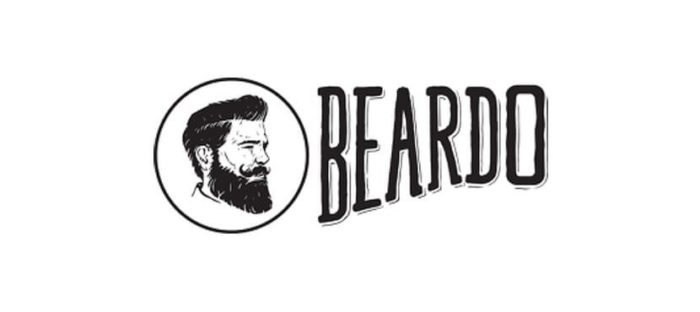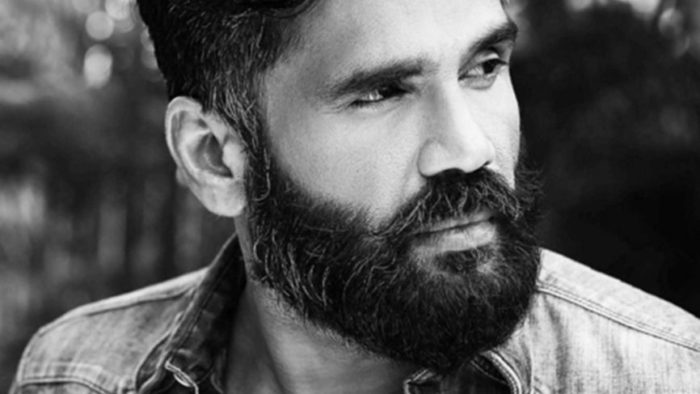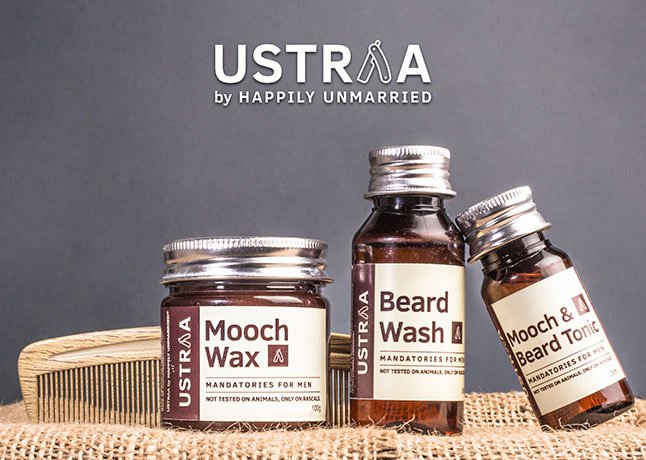Understanding the market using the Porter five forces model
Did you hear of beard oils, mooch wax, beard softener or beard shampoo 10 years back? No, right! Now, you must be wondering how come companies like Ustraa, Beardo, The Man Company and Bombay Shaving Company identified this gap and built an industry out of it.

To understand this, we will apply Porter’s five forces to understand this market and analyze from different marketing perspectives. Porter’s five forces is a popular model developed by Michael E. porter of Harvard University to assess competition and attractiveness of the Industry.
Threat to Entry (Entry Barriers)

Traditionally, the grooming market has been dominated by the FMCG giants, such as HUL, P&G, Colgate Palmolive, Emami. These companies have a decades-old retail distribution network that will not allow any new entrants like Ustraa or Beardo to place their products in the traditional retail space, say Kirana, convenience store or Modern trade.
Due to increased internet penetration and change in consumer behavior, it became convenient for Indian consumers to explore and order products online. Online retail broke this entry barrier and allowed smaller companies to position their products direct to the consumers.
Supplier’s Power
Most of the online Men grooming companies started their formulation in their kitchen. The products claimed to have all natural, organic and Paraben proprietary ingredients. Since there was not much dependency on the suppliers for these small players, Supplier’s power was low.
Buyer’s Power

This was the time when the “Beard & Mooch” obsession had just kicked it. The Male Millennial population was looking for innovative and exclusive grooming options like charcoal facewashes, beard growth oils, Mooch wax, beard softener etc. While Ustraa, Beardo and The Man Company banked on the growing trend of beards & mustaches, they kept launching unique product lines catering to millennials needs.
The Gen Y consumers were not very price sensitive towards such novel products. Moreover, Online stores sold direct to consumer and surpassed the trade costs making the products quite affordable.
Threat of Substitution
Ustraa and Beardo were the first entrants to this market with a unique range of beard grooming products. They came with the product bundle (Beard Care Kits) as a gifting option. Now, everybody was buying these bundles for his/her brothers, boyfriends or husbands. FMCG giants ignored this opportunity and joined the party quite late-posing no threat of substitutes.

Though, it can be inferred that this segment was very attractive and had less competitive rivalry- we can’t ignore the fact that this space has become crowded in the last year. Ironically, the FMCG companies like Colgate Palmolive, Wipro Consumer care and Marico have invested in these online Men grooming companies which gives them enough firepower to expand their brick & mortar presence and invest in newer product lines.
According to ASSOCHAM’s January 2018 report, the male grooming industry in India is currently worth Rs 16,800 crore and is expected to touch Rs 35,000 crore in the next three years. Let’s wait and see who will win this game!
Guest Article By Gaurav Sharma












